It is one of the most colorful spring holidays in the Bulgarian calendar - Flower`s Day - that is what […]
Ignazhden
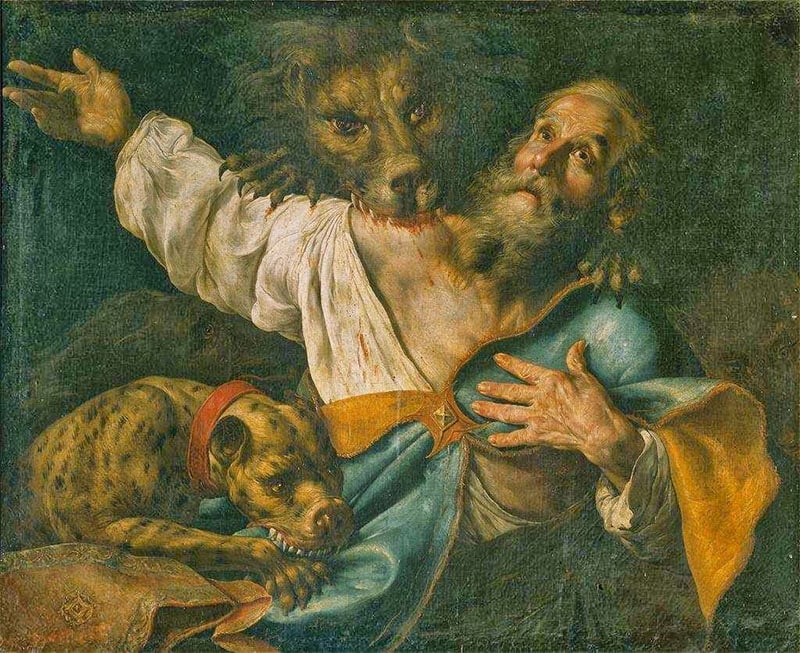
On December 20, the orthodox church honors the memory of Saint Ignatius, and the day is also known as Ignazhden - the day with the most different beliefs and rituals.
The holiday is associated with the winter solstice and is considered the beginning of the New Year. In folk beliefs, this day is considered the beginning of the Dirty Days /from Ignazhden to Epiphany/ and the transition from the old to the new year. Although the holiday is celebrated throughout the country, it is known by different names. In different parts of Bulgaria, it is also called Young Year, New Day, Young Month, Polaz, or Polazovden.
According to Christian tradition, the birth pains of the Mother of God begin from this day.
History
Ignatius God-bearer is the second bishop of the Antiochian Church. During his conscious life, he occupied the archbishop's chair, as "a man apostolic in all things", who carefully governed the Church in Antioch, but he was overtaken by the fate of most early Christians. As a result of the persecution of the adherents of this new religion St. Ignatius met his martyrdom. He died on the stage of the Roman Coliseum, torn apart by wild beasts. This happened during the reign of Emperor Trajan Decius /249-251/.
Traditional Food
The evening before Ignazhden is the first "Kadena" evening and the food is entirely lean. Raw wheat and walnuts are placed on the dinner table. A candle is lit on the top of the bread or wheat, and the oldest person in the house walks around the table with incense and coal and burns incense. The ashes, the candle, and the walnuts are kept for the rest of the Christmas days. The table should also include winter dry fruit juice /oshav/, boiled corn, cabbage, onions, pickles, potatoes with rice, bulgur, traditional pretzel bread.
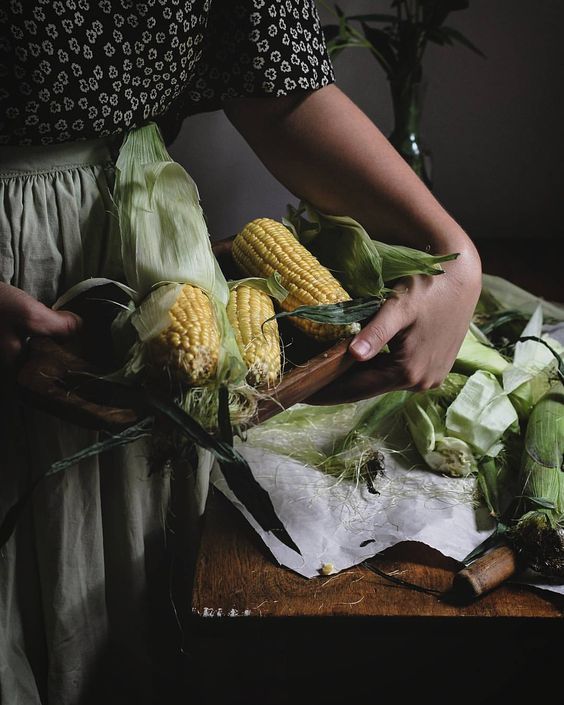
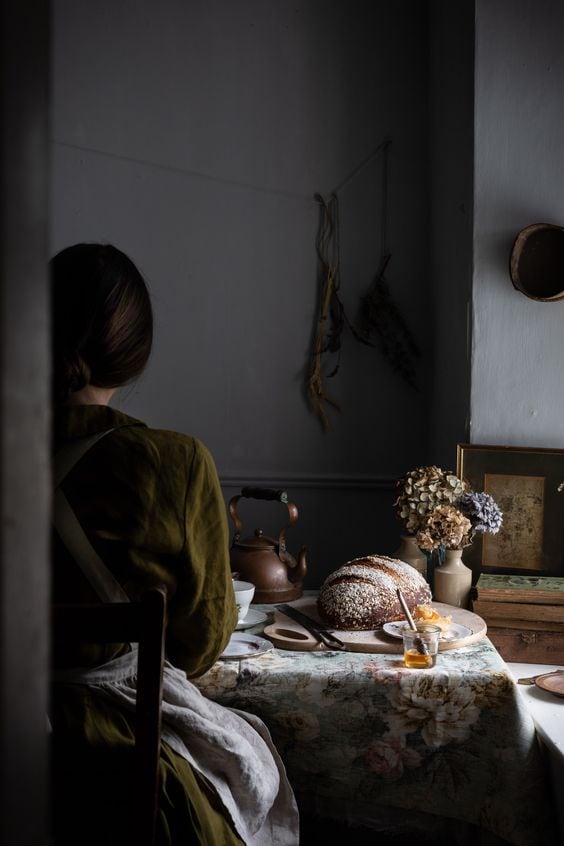
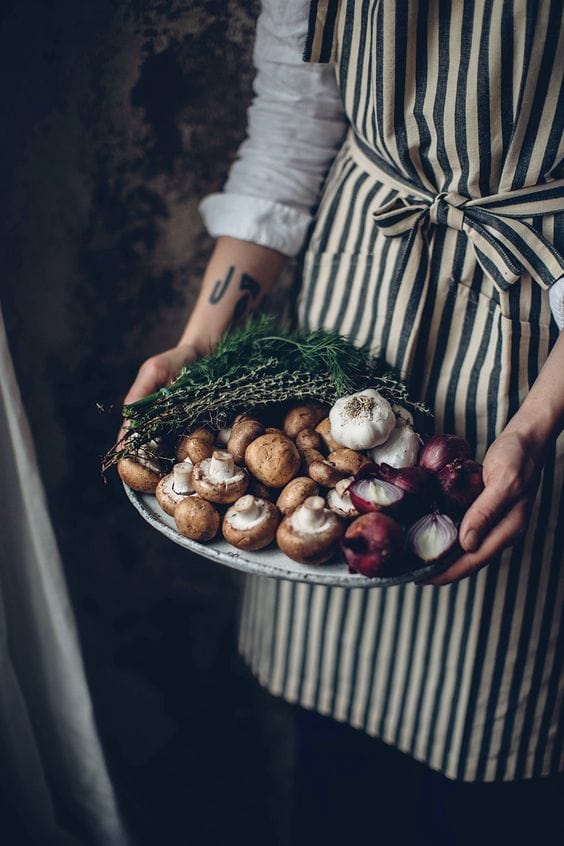
Divination and Superstitions
- One of the characteristic customs of Ignazhden is fortune-telling for the first guest, or in other words - "plоzavane". On this day, it is important which person will come to the house first. It is believed that if the first guest is a little girl, then in the coming year there will be more female animals in the herd of cattle. If by chance the year is good for both the farmer and the cattle breeder, then they invite the same "polaznik" on the following Ignazhden, with which they drink rakia and wine. The owners also give the guest so-called "Ignazhdensky kravai /pretzel bread/", which is prepared especially for the day.
- In some regions of the country, where agriculture is the main source of livelihood for the local population, the hosts give the guest a bedspread and seeds. Thus, he must ritually plow the land, and after these actions, they begin to call and pray for fertility.
- Another characteristic of this day is that the women in the house do not do any housework. According to popular belief, the birth pains of the Mother of God began on this day. Therefore, young brides do not work on this day in order to have a painless and easy birth.
- Another divination practice that takes place on Ignazhden is the prediction of the possible future marriage of young girls. On this day, they guess who and when they will get married.
In general, the many divination practices that take place on Ignazhden are a legacy of our pagan period. Likewise, the role of the priest himself in our distant past was performed by the priest himself, and the blessing itself was a magical spell for well-being and prosperity that the priest uttered as the spiritual mentor of our ancestors.
On Ignazhden, we pay attention to the small symbols.
- On Ignazhden, nothing should be taken out of the house, especially fire, embers, or salt, so that the blessing does not leave the home.
- Nothing have to be asked or lent on this day - neither money nor goods.
- On Ignazhden, no one has to get up from the dining table during the meal, because the hens will not brood. You don't have to go out in the yard as well.
- On this day, no sewing or knitting has to be done, so the intestines of the hens do not get tangled.
- No beans are allowed to be boiled to avoid hail.
- No hives have to be moved on this day, otherwise, the bees will flee.
- On Ignzachden, no one has to do the laundry in order not to get sick.
- On Ignazhden, pregnant and barren women do not have to work so they can give birth to their children easily and without problems.
- On this day, men do not harness the cattle so they will be strong and agile throughout the neq year.
- Big bonfires are burned on Ignazhden
- Ignazhden is the day of the winter solstice and, in fact, the first day of the Ancient Bulgarian calendar.
- From Ignazhden, the day begins to grow faster and bigger
- .
- Health, fertility, and wealth during the year are predicted by which person enters your home first in the morning.
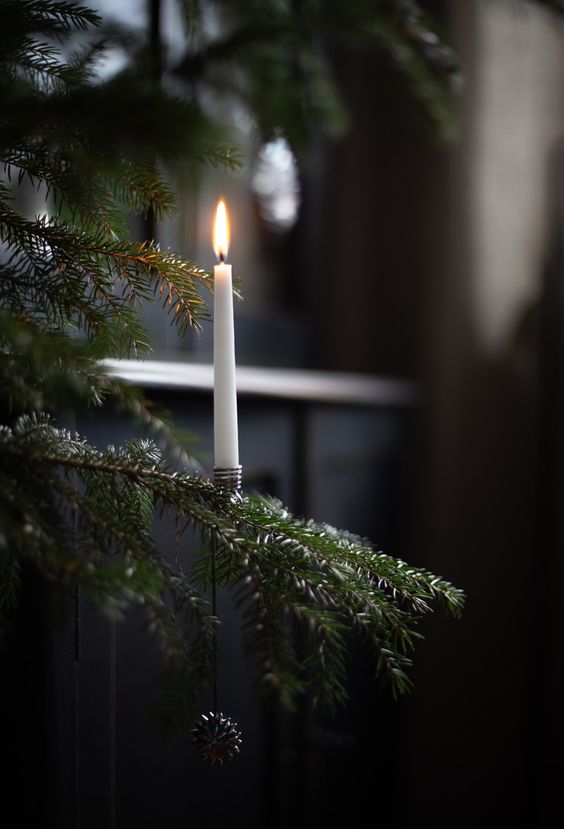
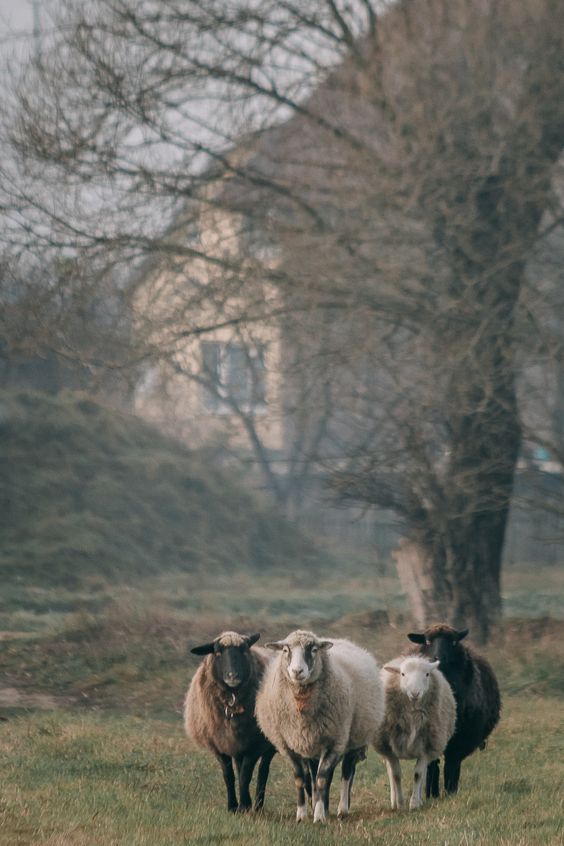
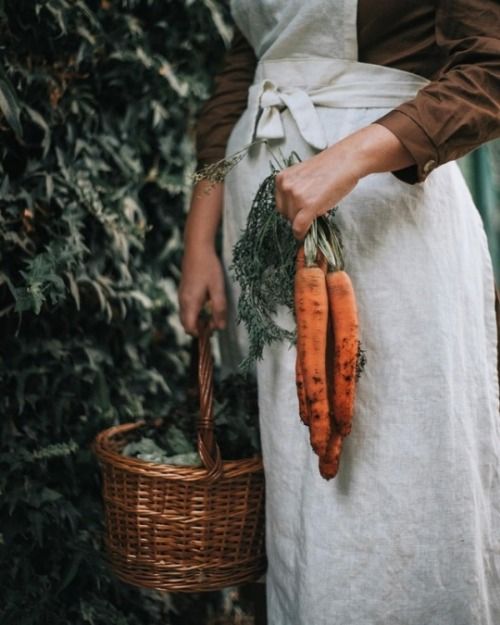
Name Days
On Ignazhden Name Day celebrate all bearers of the name: Igna, Ignat, Ignatius, Ignatia, Ognyan, Ognene, Ognyana, Plamen Plamena, and their derived fiery names!
